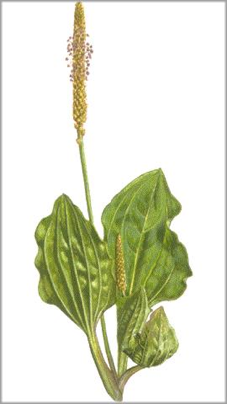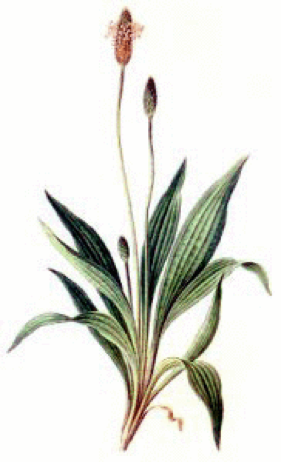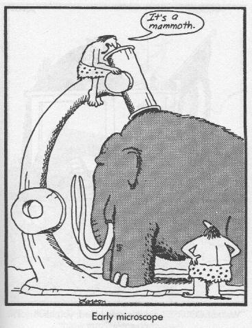Jump into joyful June with this months edition of Herbs, Healing and Health.
First, A last minute ‘whats on locally’ tip. I just found out from a good friend yesterday about Dorset Wild Flower Week, which has been running between 28th May – 5th June. I nearly missed it, but am hoping to get along to one or two things this weekend. Lots of really interesting walks have been organized in various lovely locations, and if you want more information you can look at the leaflet by going online and looking under http://www.derc.org.uk/local/DFGleaflet2016.pdf. I hope some of you have been getting the benefit already!
Speaking of plant walks, I have been busy over the last few days planning a herb walk of my own to take place in Bridport. This is such a fantastic time to be out and about looking at plants and it is often the most unassuming and humble of plants that have the most interesting medicinal properties and stories to tell.
A great example of this would be our very own plantains, either tall and slender ribwort plantain, of round leaved stout greater plantain.
Plantago sp
Both of these totally familiar plants

have a long traditional history of use as medicines and both are in plentiful supply all around us in towns and cities as well as in more rural locations. Indeed greater plantain (Plantago major) is a really useful plant to meditate on if you are feeling downtrodden, ignored or generally underappreciated and put upon. This plant is trodden on all the time, but it is a very resilient customer and just keeps bouncing back!
A lovely soothing mucous membrane tonic, ribwort plantain is an extremely useful addition to hay fever season tea. It is anti-inflammatory, has anti-histamine properties and is cooling and soothing. Perfect with peppermint and elderflower as a tea. Its healing properties also make it a good choice for inflammation of the digestive tract. If you like your medicine as food, plantain seeds are actually very nutritious, containing high levels of vitamin B1 (thiamine) and may be ground in a coffee grinder for use in bread making or boiled like sago, providing a good source of fibre to treat constipation. Unsurprisingly, psyllium seeds are derived from Plantago ovate a close cousin of our native plantains, hailing from India and the middle east.
Persistent, irritable and dry coughs will benefit from ribwort plantain, so do get out there and start harvesting!
You can use the leaves fresh to make tea, or dry them in a warm place, turning them regularly until they are completely dry. Discard any that become discoloured.
If you have a juicer, juice the fresh leaves and combine the juice with an equal quantity of honey. Take one teaspoon three times daily for coughs.[1]
Our usual spot of research concerns the traditional use of Plantago major in the treatment of oral and throat inflammation. Mechanisms of action for its therapeutic benefits are outlined in the paper which is available to download free at Pubmed.[2]
At this point I would just like to say a word or two about research.
Research papers
I will put my hand up and say that I dislike research papers that deal specifically with animal  experimentation. I am unhappy with this on an ethical level and also, feel (personal opinion) that it is not always as strictly relevant as many people think. I do therefore tend to reject a fair amount of research when I am looking for papers. The fact that it is still relatively easy to find research on herbs is indicative of the vast amount of work going on out there in the scientific community. Please don’t let anyone tell you that there is no evidence base for herbal medicine: that’s just not true!
experimentation. I am unhappy with this on an ethical level and also, feel (personal opinion) that it is not always as strictly relevant as many people think. I do therefore tend to reject a fair amount of research when I am looking for papers. The fact that it is still relatively easy to find research on herbs is indicative of the vast amount of work going on out there in the scientific community. Please don’t let anyone tell you that there is no evidence base for herbal medicine: that’s just not true!
I began last months edition with a few words about Hawthorn, so I will finish this one by hoping that you have all been enjoying the marvelous wealth of mayflowers displayed by our lovely hawthorn trees this month. It has certainly done my heart good.
Mary
Bibliography/Reference
- Bruton-Seal, J. and M. Seal, Hedgerow MedicineHarvest and Make Your Own Herbal Remedies 2009, Shropshire, UK: Merlin Unwin Books Ltd.
- Mello, J., MVMorales, VWPrieto, T, O. Nascimeto, and T. Rodrigues, Protective Effect of Plantago major Extract against t-BOOH-Induced Mitochondrial Oxidative Damage and Cytotoxicity. Molecules, 2015. 20.